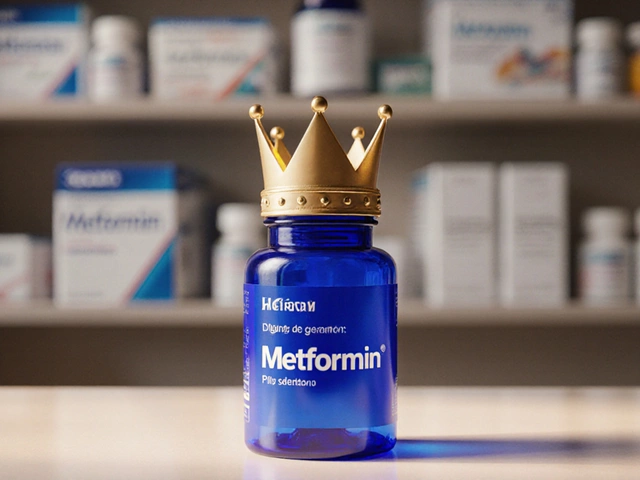Dental Implants: What You Need to Know Before Getting One
If you’ve lost a tooth or two, you’ve probably heard about dental implants. They’re a popular way to bring back a natural‑looking smile without the hassle of dentures. This guide breaks down the basics, the costs you can expect in India, and how to care for your implant so it lasts.
How Dental Implants Work
A dental implant is a tiny titanium post that surgeons place into the jawbone. Think of it as an artificial tooth root. Once the post fuses with the bone – a process called osseointegration – a custom crown is attached on top. The result looks and feels like a real tooth.
Implants are a good fit when you have a healthy jawbone, good oral hygiene, and no untreated gum disease. If your bone is thin, a bone‑graft may be needed first. The whole process usually takes a few months because the bone needs time to grow around the post.Compared to bridges, implants don’t require grinding down neighboring teeth. Compared to dentures, they stay fixed and don’t slip. That’s why many people choose them for long‑term comfort.
Cost of Dental Implants in India
Prices vary by city, clinic, and the type of implant used. On average, a single implant in India costs between ₹25,000 and ₹55,000. This includes the post, abutment, and crown. If you need a bone graft, add another ₹5,000‑₹15,000.
Many dental schools offer reduced rates for the same quality, and some hospitals have packages that bundle the surgery, crown, and follow‑up visits. Always ask for a transparent quote that lists every step, so you avoid hidden fees.
Insurance rarely covers implants fully, but some health plans may reimburse a portion. It’s worth checking with your provider before you book.
After‑care Tips for a Healthy Implant
Good after‑care makes the difference between a lasting smile and a replacement. Here’s a quick checklist:
- Rinse with a salt‑water solution the first week after surgery to keep the area clean.
- Stick to soft foods for a few days – think soups, smoothies, and soft-cooked veggies.
- Brush gently around the implant with a soft brush. An antimicrobial mouthwash can help.
- Avoid smoking and heavy drinking for at least a month. Both slow down healing.
- Schedule the follow‑up visits your dentist recommends. They’ll check the bonding and clean any plaque buildup.
Most people feel back to normal within a week or two, but the full bonding period can take three to six months. Patience pays off – a well‑integrated implant can last decades.
Bottom line: dental implants give you a stable, natural‑looking tooth that most other options can’t match. They cost more upfront, but the long‑term benefits often outweigh the price. If you’re thinking about it, talk to a trusted dentist, get a clear cost breakdown, and follow the after‑care steps. Your future self will thank you for a confident smile.







